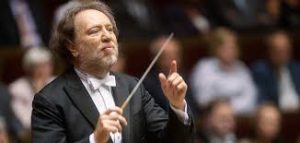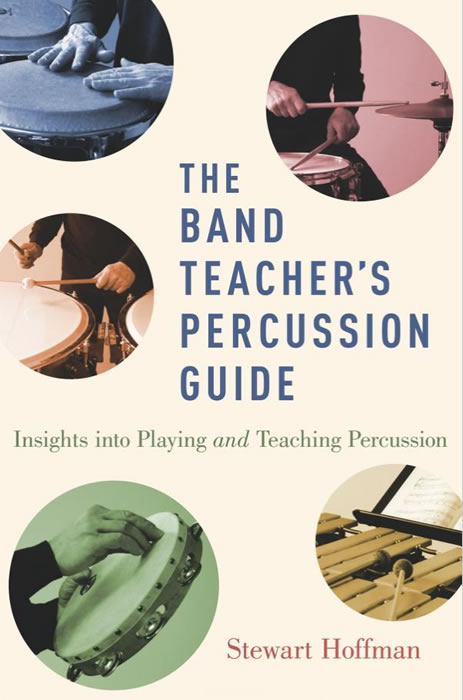Orchestra Has Long Affair with Mahler
(Profile of conductor Riccardo Chailly and The Royal Concertgebouw Orchestra)
The National Post, 5 February 2000
By Stewart Hoffman
When workers hacked their way into a sealed room in Amsterdam’s Concertgebouw in the early 1990s, they must have felt like archeologists stumbling upon the treasure of an Egyptian tomb.

The Royal Concertgebouw’s conductor, Riccardo Chailly.
Behind the walls of the venerable concert hall, home of the Royal Concertgebouw Orchestra, lay a lost kettledrum. The enormous instrument had been ordered built in the early 1900s by conductor Willem Mengelberg – a legendary figure who molded the orchestra into one of the world’s greatest – specifically to sound the lowest notes in Gustav Mahler’s sprawling Seventh and Eighth Symphonies.
This link to the past highlights the orchestra’s century-long relationship with the composer. The Concertgebouw championed Mahler’s music 50 years before it became fashionable, and Mahler frequently conducted his music in Amsterdam. A Mahler Festival was mounted as far back as 1920.
On the phone from Amsterdam, Riccardo Chailly, the Concertgebouw’s Chief Conductor, says that an oral tradition spanning the generations has provided today’s orchestra members with a unique link to that musical past, creating a kind of collective memory.
“Daily talking between musicians – and there is a great deal of communication between the old ones leaving the orchestra and the new ones coming in – is one of the
secrets, said Chailly. “Not only the knowledge of the past through written and recorded documents, but also memory.
“Long lasting memory is one of the secrets of a great orchestra.”
That the Concertgebouw Orchestra remains among the handful of great orchestras will be evident when they perform Mahler’s 4th Symphony, with soprano Ruth Ziesak, at Roy Thomson Hall on Tuesday. The current tour coincides with a glorious new Decca recording of the work.
Chailly regularly thumbs through orchestral history when studying the Concertgebouw’s scores, documents which often bear the markings of musical luminaries such as Richard Strauss, Ravel or Mahler. Though he says studying them can be an “emotional” experience, they remain a point of departure. “Then you should be free to choose your own direction, without being influenced. he says “because history and tradition is one thing; the development of your own ideas is another.”
The Concertgebouw Orchestra may have become too preoccupied with history; by 1988, when Chailly was appointed, it had evolved into the most conservative of the great orchestras. Chailly attacked the situation with singular determination, adding hundreds of new works to their repertoire, recording works by such contemporary composers as Messiaen, Varèse and Berio. At first, many in the orchestra and audience balked, fearing that a headlong rush into the 21st century would imperil priceless traditions of the 20th.
But time has proven their fears groundless – and Chailly more of a traditionalist than anyone imagined. He has returned the orchestra to its historic role as fierce champion of the music of its time.
(Profile of conductor Riccardo Chailly and The Royal Concertgebouw Orchestra)


